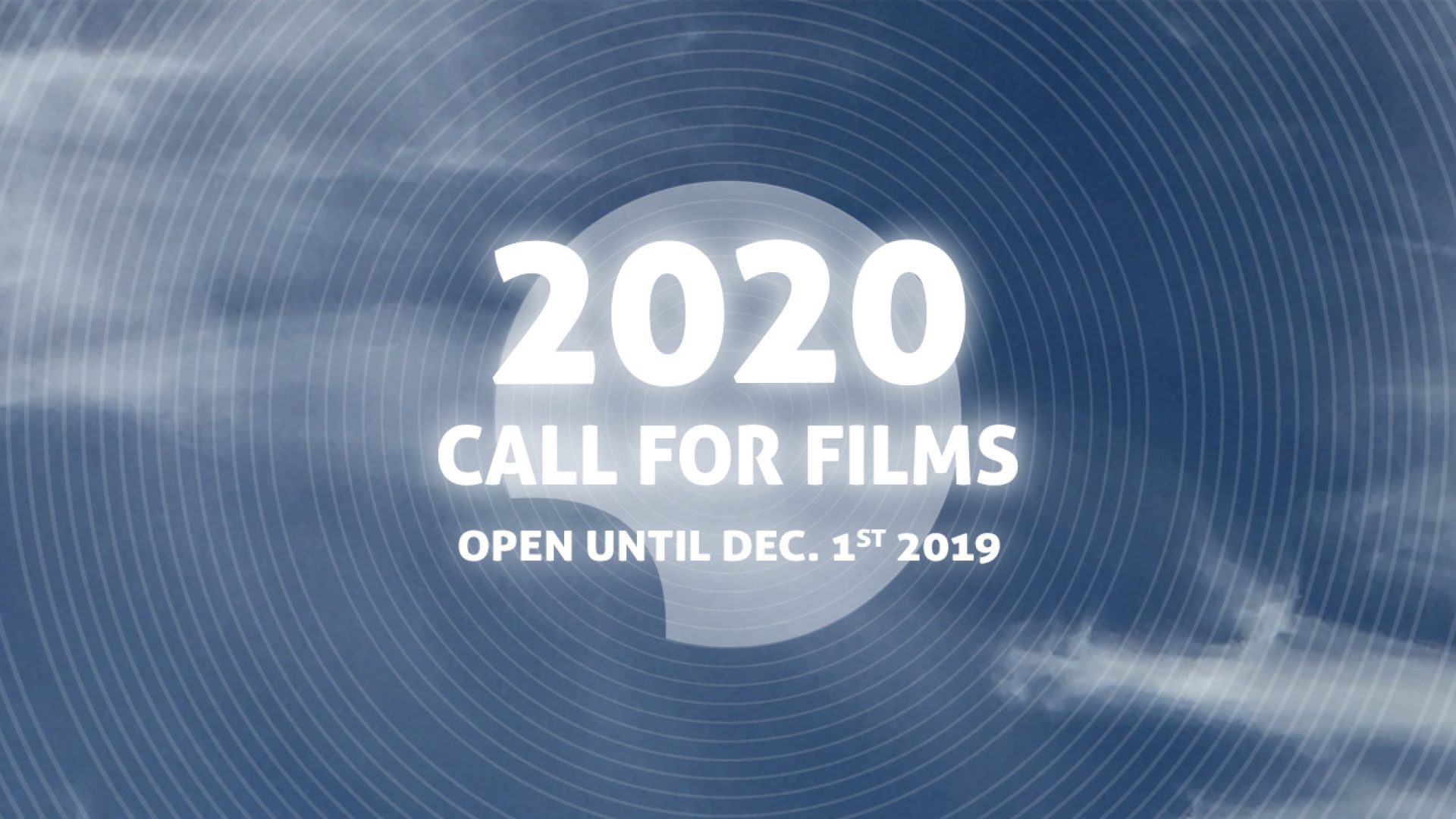FOCUS PROGRAMME 2017
ON TRACKS – REFUGEES & MIGRATION
9 films deal with one of the globally most urgent topics of our times. ON TRACKS-REFUGEES AND MIGRATION draws a holistic picture of people’s current reasons for migration, their search for safety and for a chance of a new beginning. These films let us experience what it means to be a refugee from the point of view of the people that are affected most, as well as the perspective of human smugglers and neutral observers. We encounter the living conditions of those stranded at the gates of Europe and Australia and explore the phenomenon of borders by example of the US and Mexico. In addition, we see how integration politics can succeed and how the coming together of people of different origins can be enriching for all. These films contribute to a diversity of perspectives of people in movement, a cultural building of bridges and the overcoming of prejudiced points of view.
Filme
ON WOMEN – ROLES, BODIES & CHOICES
This year we take a particular look at the traditional roles of women in society, gender specific stereotypes and women’s rights. These are topics that, frighteningly once again need special attention in light of recent developments. Through the 9 films of the focus programme ON WOMEN – ROLES, BODIES AND CHOICES, we meet strong women, who break taboos, who fight for their rights, who provide intimate insights into difficult choices and who share painful experiences with us. The films provide an extensive worldwide examination of womanhood and invite us, in keeping with the theme of Radical Minds, to get to know new points of view on self-determination, emancipation and the breaking of social barriers.
Filme
ON QUEER IDENTITIES – DREAMS & STRUGGLES
The focus ON QUEER IDENTITIES-STRUGGLES AND DREAMS intimately portrays personal and family-related conflicts, the struggle of self-fulfillment, a sense of belonging and acceptance in societies of the world that lack openness and pluralistic mindsets. Some films are biographies of men that find themselves confronted with their sexuality within a conservative surrounding. Others are stories of transgender emancipation from Brazil to the Philippines and Finland, sometimes painfully and sometimes humorously fighting for a place in society. Social standards and values concerning inclusion/ exclusion, masculinity and the role of religion are skillfully questioned and by doing so, our viewpoint on the realities of people within LGBTIQ*- ‘communities’ is enriched by a multitude of perspectives.

